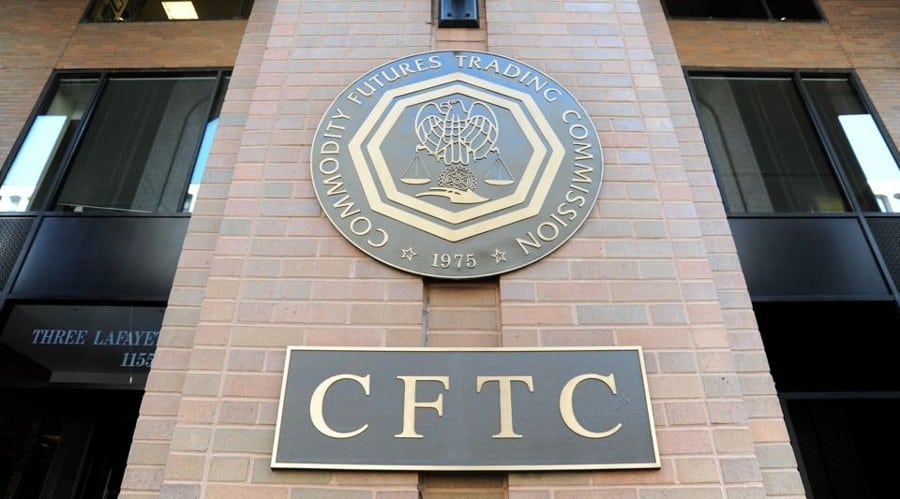
Think you know responsible gaming? Think again.

There’s no denying responsible gambling is an industry buzzword that isn’t going anywhere – and that’s a good thing. With players’ health on the line and millions of dollars in fines amassed by operators yearly, it is in the interest of every operator to facilitate responsible gambling practices as part of its CRM marketing strategy. While in the UK the Gambling Commission is in the process of toughening its stance, tightening regulations and enforcement, the US landscape is scattered, as each state fends for itself. But when it comes to public safety, things have a way of evolving. The seatbelt, for example, was invented in 1958 but wasn’t mandatory in the US until a decade later. Similarly, stricter social responsibility regulations are just a matter of time.
But can predictive models really help mitigate the issue? Does it really hurt operators’ revenue? And is it something only the big players should worry about? Let the debunking commence.
By integrating RG practices into their CRM campaigns, operators offer players the most relevant communications and personalized customer journeys in a way that also keeps them safe.
Myth #1 – CRM marketing has no role in responsible gambling
Responsible gambling (RG) shouldn’t be its own siloed practice. By integrating RG practices into their CRM campaigns, operators offer players the most relevant communications and personalized customer journeys in a way that also keeps them safe.
Take, for example, a KYC (Know Your Client) campaign flow. By making it an integral part of their CRM marketing plan, operators can learn more about their players. If a player self-excludes or is flagged by a predictive model, subsequent marketing campaigns would auto update, and they should cease to receive promotional emails.
With a predictive model in place, they will automatically be reassigned from their active segment to an at-risk one along with similar players. These players will receive educational content rather than communications that include offers, new games and other promotional materials.
Myth #2 – Responsible gambling is only for big operators
The level of RG practices implemented between operators of various sizes differs, but boutique operators need RG practices just as much as the giants.
Unhealthy behavior can develop any time, anywhere, with anyone and is not an issue exclusive to big operators. And no, it can’t be done effectively in a manual fashion. Small operators should double down on action to mitigate the issue, as they need to retain as many players as possible. They can take simple steps that won’t break the bank but can still be effective.
Myth #3 – Enforcing responsible gambling means lost revenue
Done right, RG shouldn’t impact a business’s bottom line or increase churn. The absence of RG does, though. Increasingly, players look for a safer environment to play in. Acting on RG builds trust and long-term relationships, and in the long run boosts retention. In addition, operators are slapped with millions of dollars yearly in fines for failing to meet social responsibility regulations.
The assumption is that if operators set boundaries for at-risk behavior, those players might churn and play with a different operator. But this is false. Most players see that as a good thing, gain trust in the brand and remain longer. According to Sally Gainsbury, Director of the University of Sydney Gambling Treatment & Research Clinic, “there has been a fundamental shift in the industry where operators recognize that players with gambling problems are not great customers and can damage the business model. Research supports that customers who feel safe and protected are likelier to stay with the same operator for longer.” Therefore, by positioning your platform as a safe place to play, you’re actually securing long-term revenue.
Research supports that customers who feel safe and protected are likelier to stay with the same operator for longer.
Myth #4 – Operators can only react to unhealthy behavior, not predict it
Though most RG practices are triggered after a player reaches their limit (after they self-exclude and are likely to churn), there are ways to identify behavioral issues at a much earlier point in the customer journey. Operators can take many more preventative actions before reaching that tipping point to further build trust with your players, instead of simply reacting to a situation after it already occurs.
When predictive models help identify at-risk players, operators do not need to manually decide whether to cut the player off or not. They can begin taking the customer through an RG journey that may first provide educational content around the issue. If the behavior doesn’t change, additional limits can be set before finally cutting that player off.
Myth #5 – Predictive models don’t work
While predictive models can provide valuable insights in marketing, some argue they are not a viable part of a solution to behavioral issues. It’s been claimed that predictive models require too accurate data, may struggle to capture nuances, cannot replace human intuition and creativity, are vulnerable to unforeseen events and can be misinterpreted if not used correctly.
However, with the continuous advent of AI capabilities, as demonstrated by ChatGPT and other Machine Learning tools, that argument is quickly losing its footing. Predictive models provide value in marketing by helping businesses create targeted campaigns, improve customer acquisition and retention, reduce marketing costs and respond in real-time to customer behavior. All predictive models employ the basic principle of using data analysis and machine learning algorithms to identify patterns. They make predictions about customer behavior, which can then be used to inform marketing strategies and improve customer engagement; or, in this case, mitigate a developing gambling problem.
Tags/Keywords
Gaming America’s editorial staff provides authoritative coverage of iGaming, esports, and sports betting across the U.S. and Latin America in multiple language editions. Drawing on deep industry expertise, the team combines rigorous journalism with comprehensive testing of licensed operators, evaluating security, bonuses, markets, user experience,...
Players trust our reporting due to our commitment to unbiased and professional evaluations of the iGaming sector. We track hundreds of platforms and industry updates daily to ensure our news feed and leaderboards reflect the most recent market shifts. With nearly two decades of experience within iGaming, our team provides a wealth of expert knowledge. This long-standing expertise enables us to deliver thorough, reliable news and guidance to our readers.







